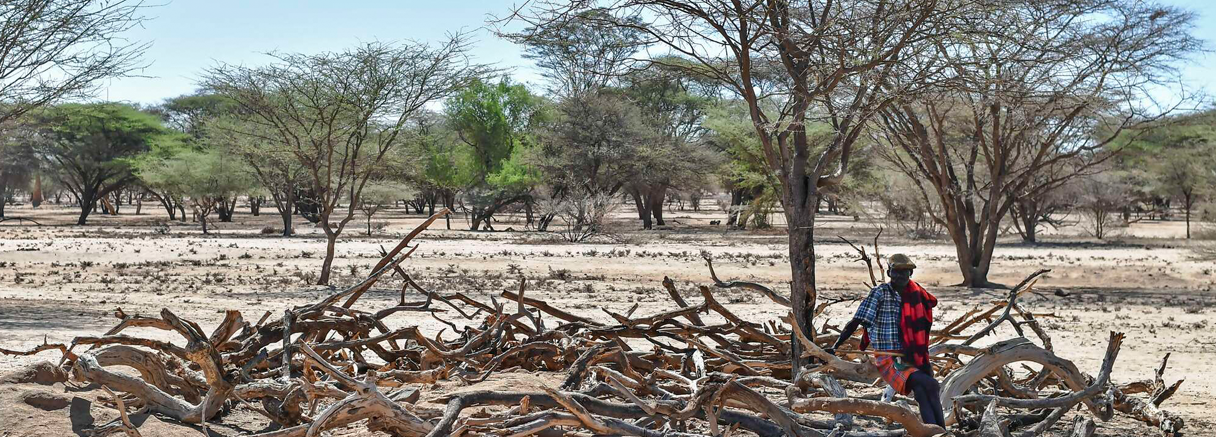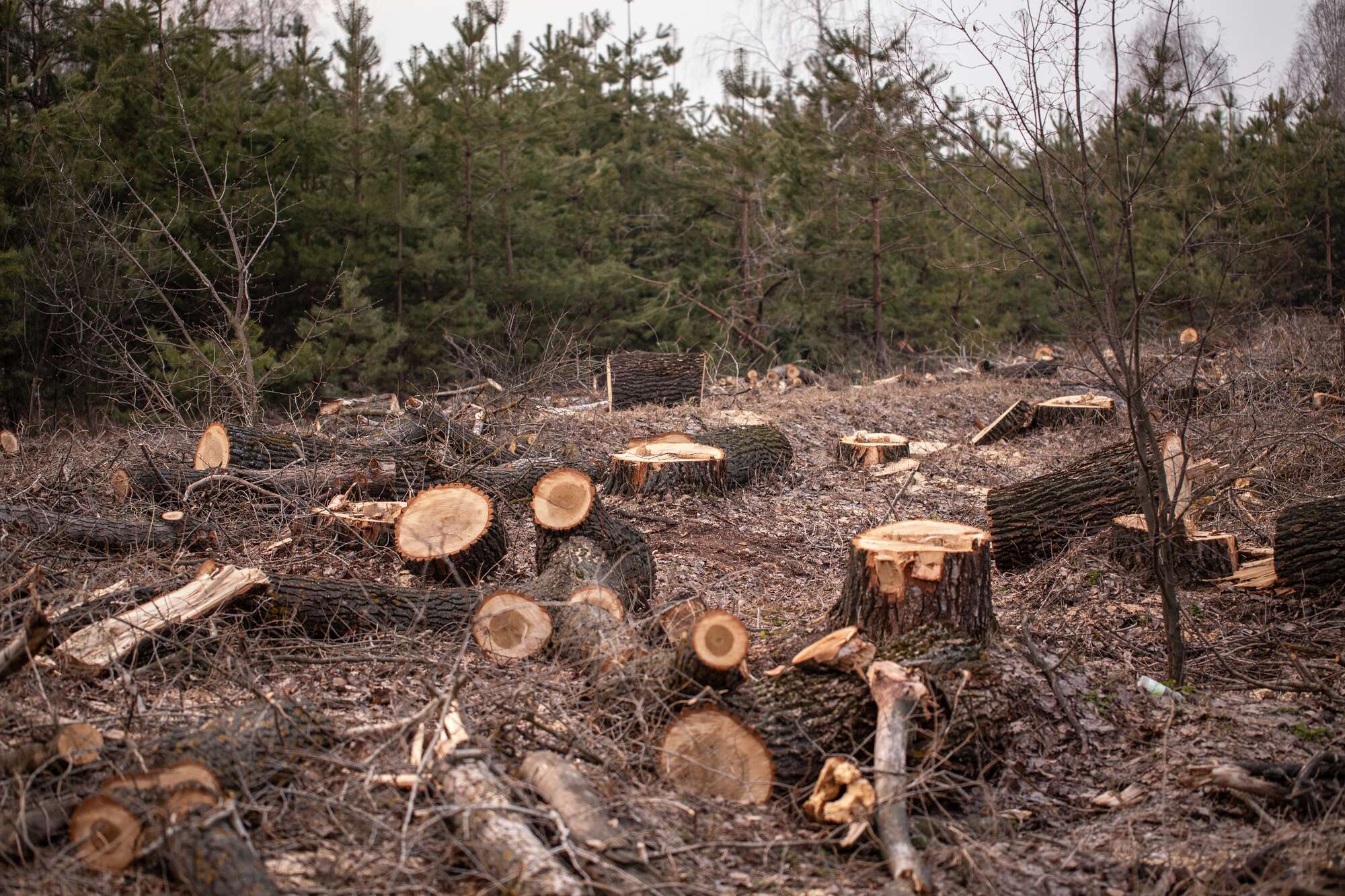The silent threat to a sustainable future

Ecocide is the destruction of large areas of the natural environment because of human activities. While pollution and deforestation are familiar adversaries, ecocide surpasses these everyday challenges. It involves the deliberate or careless destruction of the environment on a massive scale, disrupting the delicate web of life we depend on.
Ecocide’s consequences have a ripple effect, impacting biodiversity, ecosystems, and natural resources.
This, in turn, can lead to economic challenges, affect our food sources, causing shortages and higher prices. It stirs up social issues as communities struggle to adapt to these changes.
The fight against ecocide begins with acknowledging the diverse ways in which we contribute to this environmental degradation. It’s not just the big polluters and industries that are to blame; it’s also our small, everyday habits that add up to the collective assault on our planet.
From the plastic bottles we toss into rivers, to the harmful gases we emit into the air; our pollution habits are slowly building up to the death of our ecosystems. Deforestation, the relentless clearing of trees for timber, agriculture, or urbanisation, is robbing our planet of its vital ecosystems and disrupting the delicate balance of our atmosphere.
Our carbon footprints, resulting from our energy-intensive lifestyles fuel climate change, leading to rising temperatures, extreme weather events, and melting ice caps.
Unchecked industrial expansion, driven by profit, often results in chemical spills, improper waste disposal, and unsustainable resource extraction, leaving behind a trail of irreversible environmental damage.

Biodiversity loss, the silent form of ecocide, directly results from human activities such as overfishing, habitat destruction, and the introduction of invasive species.
The widespread use of pesticides inadvertently harms non-target species and contaminates soil and water, leaving a legacy of environmental harm.
Addressing ecocide:
Battling our planet’s silent killer requires a multifaceted approach with individuals, communities, and governments collaborating. Various ways we can slow and eventually end it include:
- Creating awareness Knowledge is potent in fostering a shared sense of responsibility and urgency. Educating and informing communities about the severity of ecocide helps initiate action.
- Strengthening environmental laws Legal safeguards are crucial to fortify environmental legislation. Governments must play a pivotal role by enacting and rigorously enforcing stringent laws, acting as deterrents against those involved in ecocidal activities.
- Holding polluters accountable Ensuring accountability is paramount in halting ecocide practices. Transparency in actions and the imposition of consequences should be strong deterrents, discouraging harmful environmental practices.
- Investing in sustainable development Promoting sustainable practices and investments in eco-friendly technologies, renewable energy sources, and conservation contributes to a healthier planet.
- Protecting indigenous lands and cultures Respecting and safeguarding indigenous communities, lands, and cultures boosts their invaluable role as stewards of pristine environments.